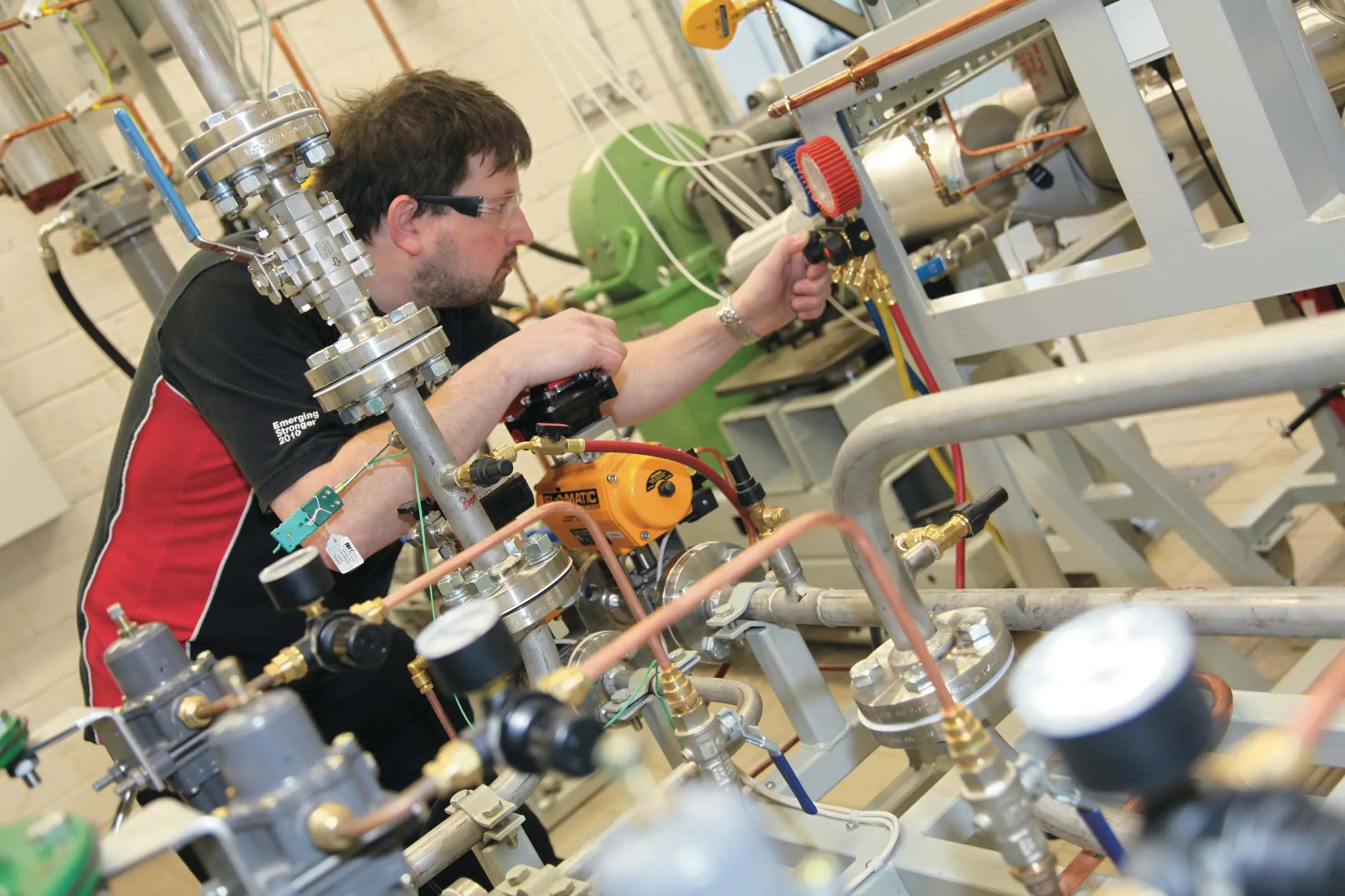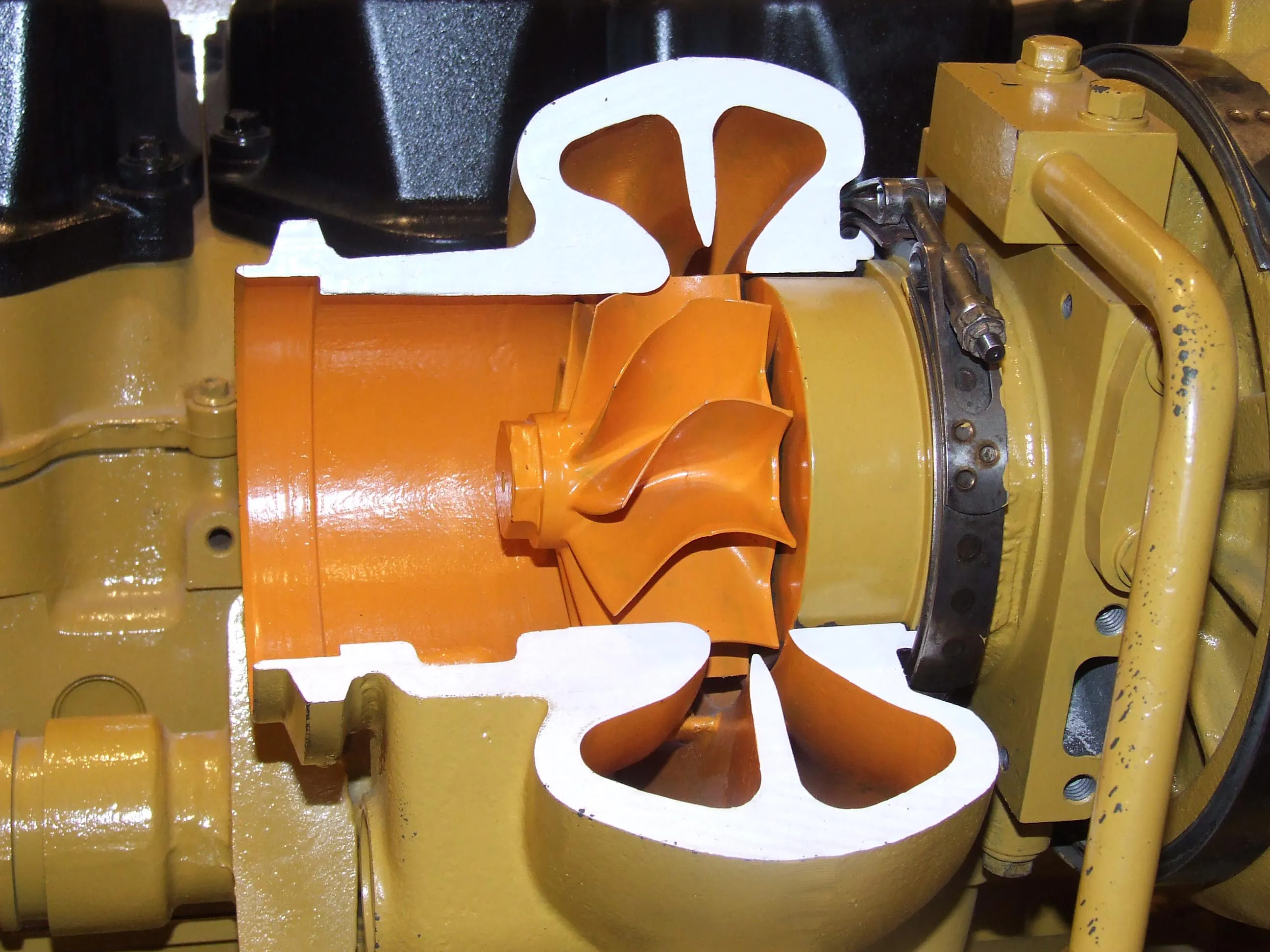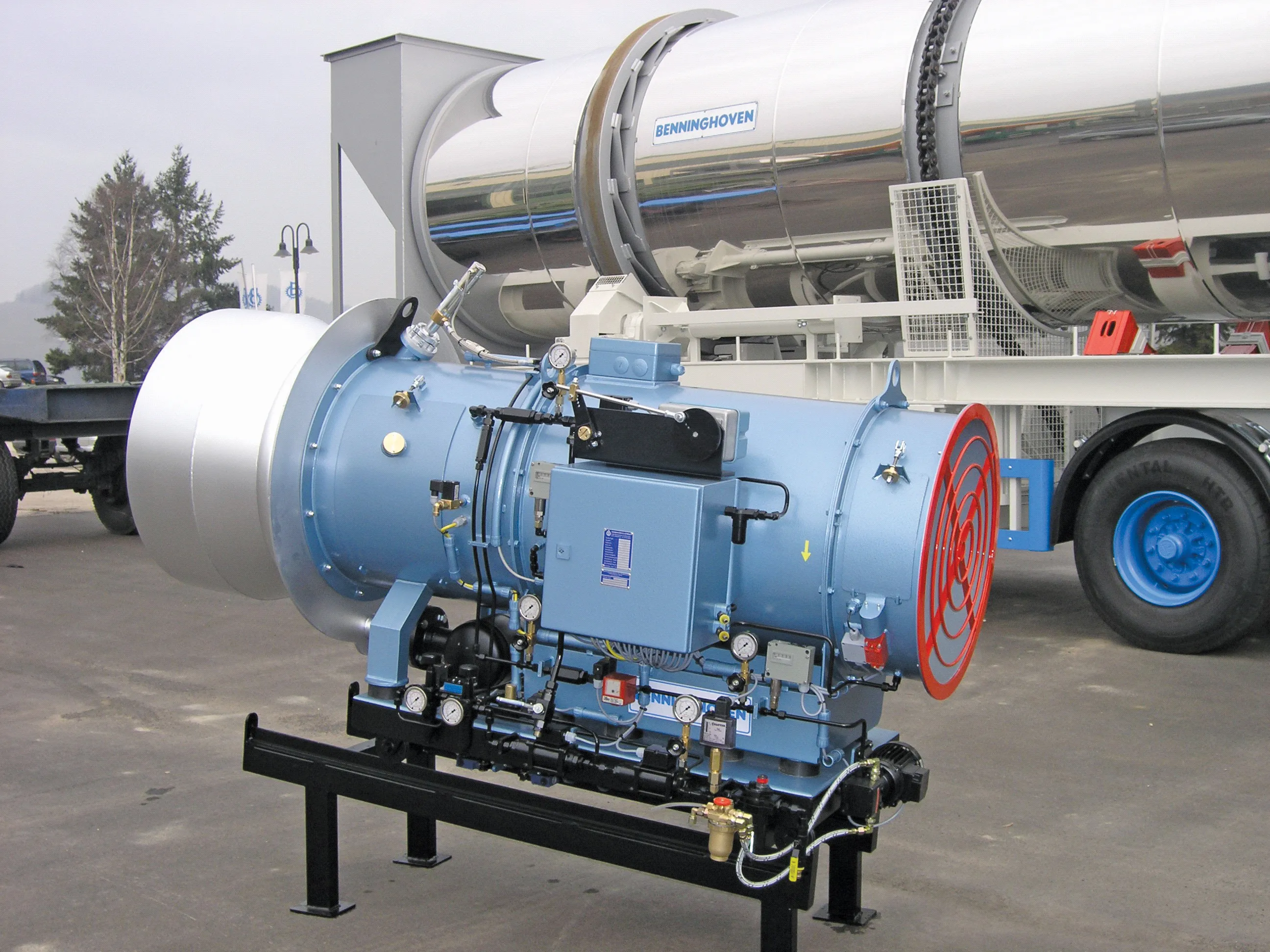The car used in the 1960s Batman movie has been sold for an impressive US$4.2 million at auction. Custom car specialist George Barris bought the Lincoln Futura concept vehicle from Ford for the nominal sum of $1 in 1965, and he then spent $15,000 modifying it for the 1966 film. Barris kept the Batmobile in his own collection until he decided to sell it through an auction house in Arizona, where it attracted the attention of its new owner, car collector Rick Champagne. The Lincoln Futura concept vehicle was
April 11, 2013
Read time: 2 mins
The car used in the 1960s Batman movie has been sold for an impressive US$4.2 million at auction. Custom car specialist George Barris bought the Lincoln Futura concept vehicle from 3423 Ford for the nominal sum of $1 in 1965, and he then spent $15,000 modifying it for the 1966 film. Barris kept the Batmobile in his own collection until he decided to sell it through an auction house in Arizona, where it attracted the attention of its new owner, car collector Rick Champagne. The Lincoln Futura concept vehicle was constructed in 1955 and many of its styling cues were incorporated into the 1959 Ford Thunderbird model. Although powered by a V8 engine, the Batmobile’s performance on the road is reputed to be somewhat less than sparkling, with vague handling and sluggish acceleration. Features include a batphone that allows the driver to speak to Gotham City’s authorities (it predates the use of hands-free kits so may not be legal for the driver to use), as well as an oil sprinkler device to deter pursuers. For the film and subsequent TV series, a gas-fired burner was used to replicate a turbine exhaust to further the filmic effect of the car being jet-propelled. But safety regulations mean that this feature may also fall foul of present-day legislation, although the car is otherwise road legal.









